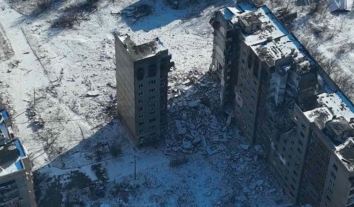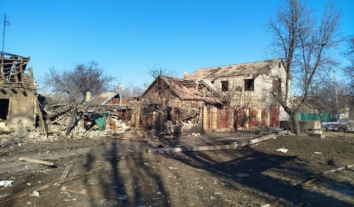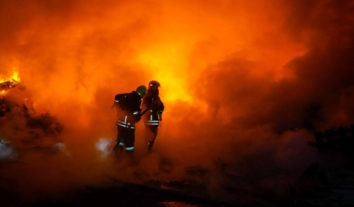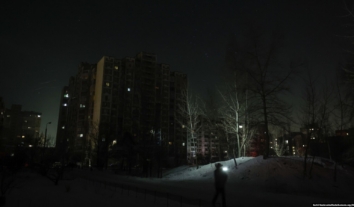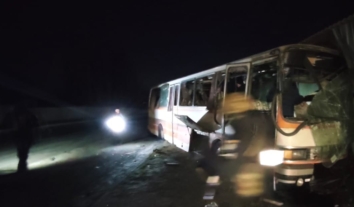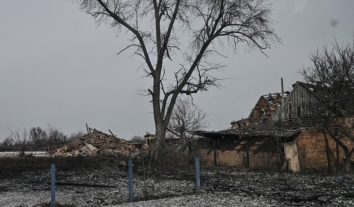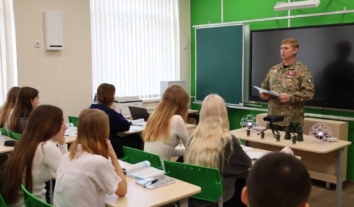Research: Russian propagandists have changed methods of influencing residents of occupied territories
Russian propagandists have changed the rhetoric of publications aimed at residents of the occupied territories: from now on, they talk about “good Russia” instead of “bad Ukraine”.
The authors of the research “Invasion of Consciousness: Two Years of Malicious Information Operations in Ukraine and Belarus” told about this during a presentation at Ukrinform.
The research was conducted by the NGO Internews Ukraine in cooperation with the technology campaign LetsData.
As Inna Polianska, a journalist and analyst at Internews Ukraine, explained, there has been a shift in focus from the negative narrative of Ukraine and its armed forces as “Nazis” and “traitors of the collective West” to the positive narrative of Russia as a powerful state that brings peace and prosperity, not war crimes and destruction.
To promote this narrative, Russians turn to a variety of symbols, according to the research. For example, the experts recalled that an airstrike by the Russian army destroyed the building of the Mariupol Drama Theatre on March 16, 2022, killing, according to various estimates, 300 to 600 people. However, instead of working with traumatic experiences, Russian propaganda uses the ruins not to memorialise the tragedy, but to speculate about the return of peaceful life and reconstruction, Polianska said.
As examples, she mentioned the announcement of the opening of the theatre season, the start of repair work, and the cynical performance of Chinese opera singer Wang Fang on the ruins of the building with the Soviet war song Katyusha.
Another example is the Novy Chersonesus Museum and Temple Complex, which was solemnly consecrated by the Russians in occupied Sevastopol on July 28, 2024. In this way, propagandists are trying to show Russia as a rebuilder, the expert explained.
Polianska also said that disinformation content on Telegram channels in the territories occupied by Russia in 2014 and since then has differences.
According to her, the areas occupied since 2022 are a rather isolated information space focused on the glorification of imperial narratives. But at the same time, it is a rather closed environment that is not connected to the all-Russian context.
If we talk about the territories of Donetsk, Luhansk and Crimea occupied since 2014, it is a tight immersion in the Russian context through an extensive network of connections. This is one of the main goals of the Russians in the information war, she believes.
The expert stressed that there is a need for a constant presence of voices from the occupied territories in the Ukrainian information space and at the international level. This is necessary to ensure that the occupied territories of Ukraine “in no way turn into some distant foreigners for the rest of Ukrainians and the international community, who are already inevitably immersed in Russia mentally, territorially and geographically”, she said.
The full text of the research you can find here.
Earlier, ZMINA reported that the most popular platform for spreading Russian disinformation was the Telegram messenger: it accounts for 71% of publications in Belarus and 94% in Ukraine.

